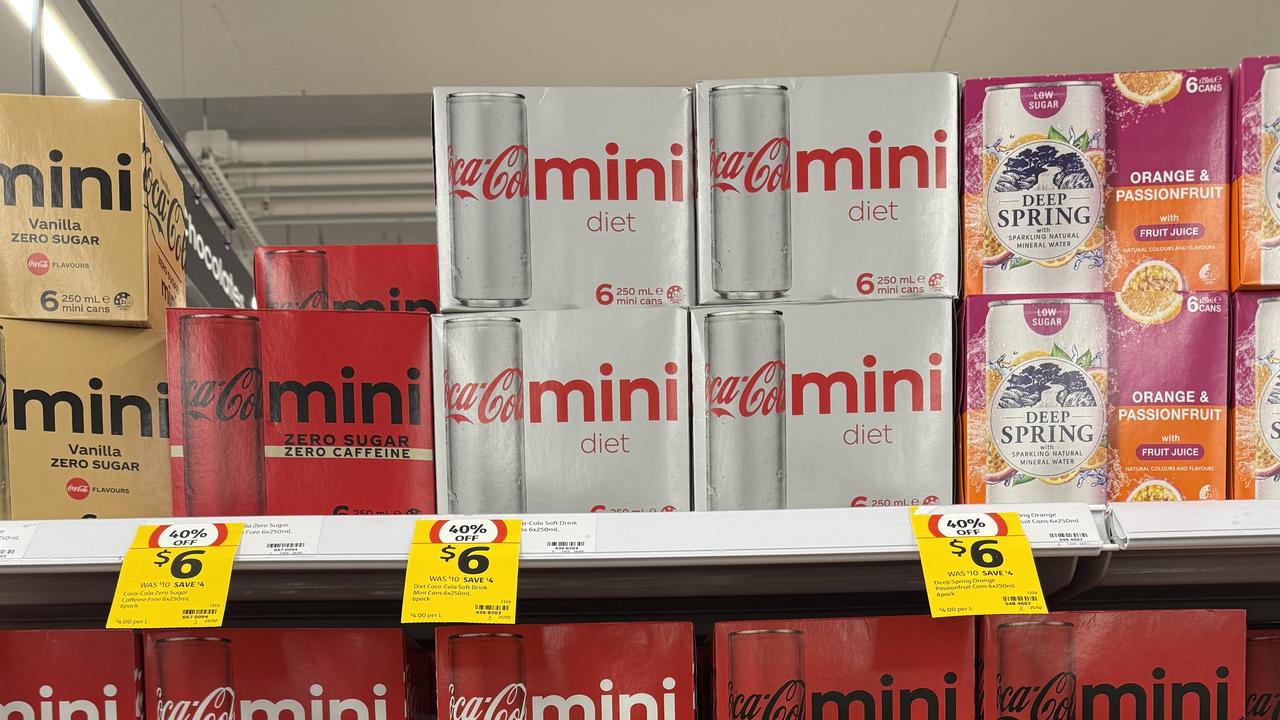Health insurance customers slash their bills by splitting cover between different providers
AUSTRALIAN health insurance customers are saving as much as $600 per year by using a very clever counterintuitive trick.
Health
Don't miss out on the headlines from Health. Followed categories will be added to My News.
DIVIDE and conquer: it’s the little-known strategy for purchasing private health insurance that you can use to neutralise the annual price rise.
By avoiding combined cover and instead taking out hospital and extras policies with different insurers, a consumer can save $600 a year — without compromising the quality of protection.
A person looking for top hospital insurance and mid-level extras who dropped their bundled $199-a-month policy with Bupa and switched their hospital cover to Mildura Health Fund and their extras to Australian Unity would get a comparable level of cover for $150 per month, according to new analysis by Choice.
ACCC: Consumers need more help understanding policies
“When you consider that the average price increase is likely to be around 4 per cent next year, splitting your policies between insurers can give you a healthy saving of around $588 and you’ll effectively beat the price hike,” said Choice spokesman Tom Godfrey.
“When it comes to shopping for health insurance it always pays to shop around. Don’t just look at the health fund’s bundles because they usually aren’t the best deals on the market,” he said.
“Health insurance premiums are set to increase again next year, with the cumulative increase since 2008 likely to be in excess of 70 per cent, anything you can do to ease your premium pain is a good thing.”
Choice’s new, independent health insurance comparison tool automatically checks whether there are savings on offer via split coverage.

iSelect spokeswoman Laura Crowden said placing your cover with two different providers can be better value, or allow you to better tailor your level of cover to your specific health needs.
Her mother in law had done it, Ms Crowden said.
“For some customers it makes perfect sense,” she said.
“However, we find for most customers any benefit is quickly outweighed by the inconvenience and hassle of having two memberships with two different funds, with two separate payments and membership numbers.”
This year, only 1.6 per cent of all its private health customers opted to purchase separate hospital and extras products form different funds.
Another way to save was to dump extras cover altogether, Mr Godfrey said. There was no tax penalty for doing so. The Medicare Levy Surcharge only applied when people earning over income threshold did not have private hospital insurance.
“You should really think of extras premiums as a form of forced savings that expire every year. So, if you don’t claim all your benefits, you’re essentially wasting your money,” Mr Godfrey said.
“To find out how much value you’re getting out of your extras cover, ask your insurer for an
annual claims statement. This will tell you how much you paid in premiums verse what you got in return.
“If you’re paying out more in premiums than you’re getting back, taking out a high-interest
savings account that you can draw on when you need your teeth cleaned maybe a better way to go,” Mr Godfrey said.


